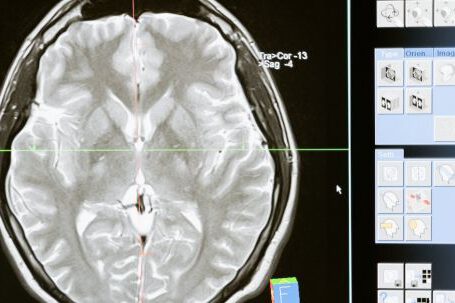The field of thermodynamics, which studies the relationship between heat and energy, has played a crucial role in the development of various technologies throughout history. One such technology is refrigeration, which has revolutionized the way we store and preserve food, medicine, and other perishable items. In this article, we will explore the fundamental principles of thermodynamics and how they have shaped the age of refrigeration.
The Laws of Thermodynamics
Before delving into the specifics of refrigeration, it is essential to understand the laws of thermodynamics. These laws govern the behavior of energy and provide a framework for understanding various processes, including those involved in refrigeration.
The first law of thermodynamics, also known as the law of energy conservation, states that energy cannot be created or destroyed but can only be transferred or converted from one form to another. This law is crucial in understanding how refrigeration systems work, as they involve the transfer of energy in the form of heat.
The second law of thermodynamics introduces the concept of entropy, which is a measure of the disorder or randomness in a system. It states that in any energy transfer or conversion process, the overall entropy of the system and its surroundings always increases. This law has implications for refrigeration systems, as they require the removal of heat from a lower-temperature environment and transfer it to a higher-temperature environment, which goes against the natural flow of heat.
Refrigeration Systems
Refrigeration systems are designed to cool or freeze a space by removing heat from it. They operate based on the principles of thermodynamics, utilizing various components such as compressors, condensers, evaporators, and expansion valves.
The refrigeration cycle, which is the fundamental process behind refrigeration systems, consists of four main stages: compression, condensation, expansion, and evaporation. Each stage plays a crucial role in removing heat from the desired space and transferring it elsewhere.
Compression: In this stage, the refrigerant, a substance with excellent heat-absorbing properties, is compressed by a compressor. As the refrigerant is compressed, its temperature and pressure increase, causing it to become a high-temperature, high-pressure gas.
Condensation: The high-temperature, high-pressure refrigerant gas then enters the condenser, where it releases heat to the surroundings and condenses into a high-pressure liquid. This heat transfer process occurs as the refrigerant comes into contact with a cooler medium, typically air or water.
Expansion: The high-pressure liquid refrigerant then passes through an expansion valve, where it undergoes a sudden decrease in pressure. This pressure drop causes the refrigerant to evaporate into a low-pressure gas, resulting in a significant decrease in temperature.
Evaporation: The low-pressure gas refrigerant now enters the evaporator, which is located within the space to be cooled. As the refrigerant absorbs heat from the surroundings, it undergoes a phase change from a low-pressure gas to a low-pressure vapor. This heat absorption process cools the space, creating the desired refrigeration effect.
The Impact of Refrigeration
The invention and widespread adoption of refrigeration technology have had a profound impact on society. Previously, the preservation of food and other perishable items was a challenge, often leading to spoilage and waste. However, refrigeration has allowed for long-term storage and transportation of goods, significantly reducing spoilage and extending their shelf life.
Refrigeration has also played a crucial role in the field of medicine, enabling the storage of vaccines, medications, and other temperature-sensitive substances. This has facilitated the distribution of these vital resources to remote areas and has contributed to advancements in healthcare.
In conclusion, the age of refrigeration owes its existence to the principles of thermodynamics. The laws governing energy transfer and entropy have guided the development of refrigeration systems, allowing for the cooling and preservation of various items. The impact of refrigeration on society cannot be overstated, as it has revolutionized the way we store and transport food, medicine, and other perishable goods. As technology continues to advance, it is likely that the field of refrigeration will continue to evolve, further improving our ability to preserve and utilize resources efficiently.





